Far away from home…
Just six weeks earlier, I had been working near my home, in Oakland, California, on my knees, beating and breaking a concrete floor with a large hammer, in a dirty restaurant remodel, soon to be a wine and cheese shop, searching for a lost floor sink. Sweat and greasy cement dust stung my eyes. Lisa, the proprietor, assured me it was there, somewhere, beneath the rubble. Between the slams and the dust I overheard her talk about Greece, and how she had been working there with the Syrian Refugee Crisis.
She mentioned that soon there were to be artists and musicians, refugees from Syria playing and displaying right here where I was working, people she had met on her missions during the past year.
All of this simply amazed me. I knew very little about the crisis, the Agean, or the Middle East. But the idea that people here, in Oakland, could be making a real difference to people half way around the world, I wanted to know more.
She had been working with
Dr. Alison Thompson of Third Wave Volunteers. Maybe they had an open spot on their next mission to Greece.
Looking back and looking ahead…
Over the past few years, I’ve looked back at my heritage and how some amazing events have occurred. Much like where I now find myself in the middle of this encampment of displaced Syrians, my life has been filled with cycles of hope, loss, tragedy and re-emergence. Just six years ago I found myself alone, broke and homeless at the age of 53, with little to almost no connection to even the three kids I raised. Despite the best of intentions and even huge successes in many aspects of life, we are often faced concurrently with total failure in other parts of life. So how do we find hope and gratitude in these times of otherwise certain terminal, life-changing loss? How do we find forgiveness, move forward, and regain a new sense of freedom, sometimes even while being caught in a situation created entirely by human forces – forces we have almost no control over? How does one person, a family, a village or a culture, regain a sense of humanity when such loss occurs? Yes, anger is a very human emotion, but in the long run, does not serve us well finding a new positive path forward.
While tragedy and loss has happened many, many times over the history of humanity, the epic proportions of the Syrian refugee crisis, in this modern world, full of progress, opportunity and mass awareness, is especially noteworthy, and I believe, the underlying cause of this exodus needs to be addressed.
My own roots…
In 1921, my grandparents left Greece and arrived to Brooklyn, New York. By 1932, only eleven years later, at the height of the Great Depression, when my mom was only two years old, her mother died while giving birth to her brother Tony. So there stood my Grandfather Arthur, or Athanasius – as he was known in the old country – from a tiny village in the Taygetus mountain range, the range that separates Sparti and Kalamata – 28 years old, suddenly alone with two babies. Even his business, a diner in Brooklyn, was lost to the ‘great depression and the stock market crash of 1929.
With little other options, he traveled up to Boston and asked his late wives’ sisters, Thea Flora and Thea Reina, if they could care for his kids while tried to find a way to support his family.
In Southern California he found an under-serviced market of food delivery and started what eventually turned into Orange County Food Service. In a few years, he returned to Boston with a new wife, a good automobile and enough to cash to collect his kids and move his family all to the promised land of endless orange, lemon and avocado orchards – Southern California.
The business flourished.
Then, in 1956, right at the peak of his career, just after my mom and dad had married, in downtown Orange County, a drunken driver smashed into one of the work trucks he was using to train another new employee. He was killed instantly.
Despite these horrid losses, I never once heard my mom utter any discouraging words of anger or regret. She even told me that her step-mother decided not to pursue the drunken driver for monetary damages, but instead decided to practice forgiveness saying, “That driver would have his own hell to deal with as he sobered.”
Twenty years later, circa 1976, my mom and dad would have a similar tough decision to make when my sister and her boyfriend, on an early afternoon ride to the coast, encountered a drunken driver on the busy 605 freeway, coming up the wrong way on a freeway offramp in a big, V-8 Chevy, encountering their cute little Fiat x-19. It was a head-on disaster. My sister’s boyfriend was killed on the spot. My sister sustained major injury – two thousand stitches to her face, multiple body fractures and many other life altering physical maladies. Again, my parents did not seek personal damages from the offender.
Taught to practice restraint rather than seeking righteous justice as a child, I believe, has served me well during times of loss and great pain.
One of the worst moments of my life, was recovering, or trying to recover from the total loss after my disastrous divorce. A midlife re-start, I was hurt, angry, sad and confused – the result of going from successful business and family man to the bottom of the ladder; laborer, single, homeless. And yet, I was nearly the same age as when my Grandfather had died, but yet, here I was very much alive. I had another chance.
I looked back at my own family history, and started to dig deep. How did they deal with such loss? I was curious. What was it that created the family lines that would have us persevere, rather than fall down, after tragic events? Greece, its history, my family’s Greek heritage, and the stories of millennia, I needed to know.
Today…
My mission trip to the Syrian refugee camps at Idomeni – part of the Third Wave Volunteer team in 2016 – became the first of several trips I made to Greece. And while Thessaloniki and Sparta are on the opposite ends of the country, it was the perfect introduction to what would become a voyage of discovery that was and is changing and reshaping my life.
A side note. During our final days in Thessaloniki, Ayesha, being the TEDx Dubai organizer, had given us an open invitation. She was able to get us into the sold out, live TEDx event which was happening at the epic Concert Hall de Semmes on the waterfront. It was an amazing experience.
By 2019, I had spent a full year in Greece, exploring the islands aboard Grateful, discovering the full proof of my Greek ancestry, originating from a small Spartan village in the mountains. Today, I am connected to cousins, living in Sparta, that I didn’t even know I had.
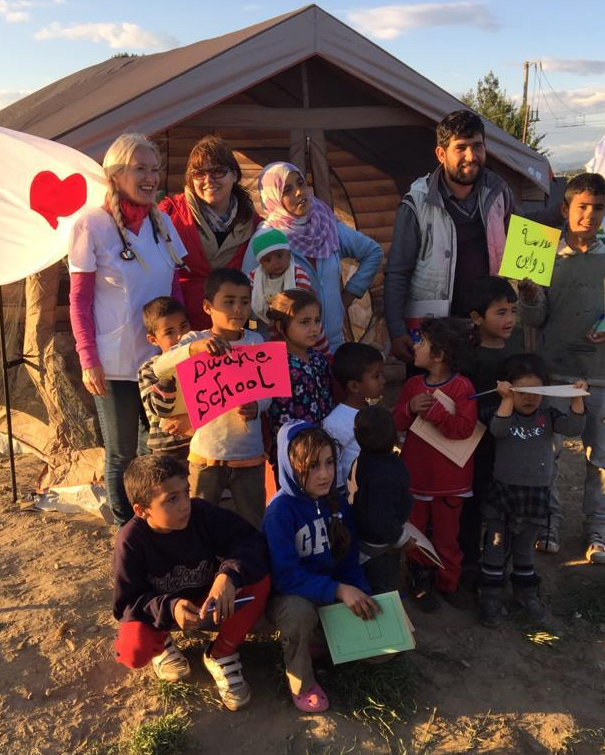
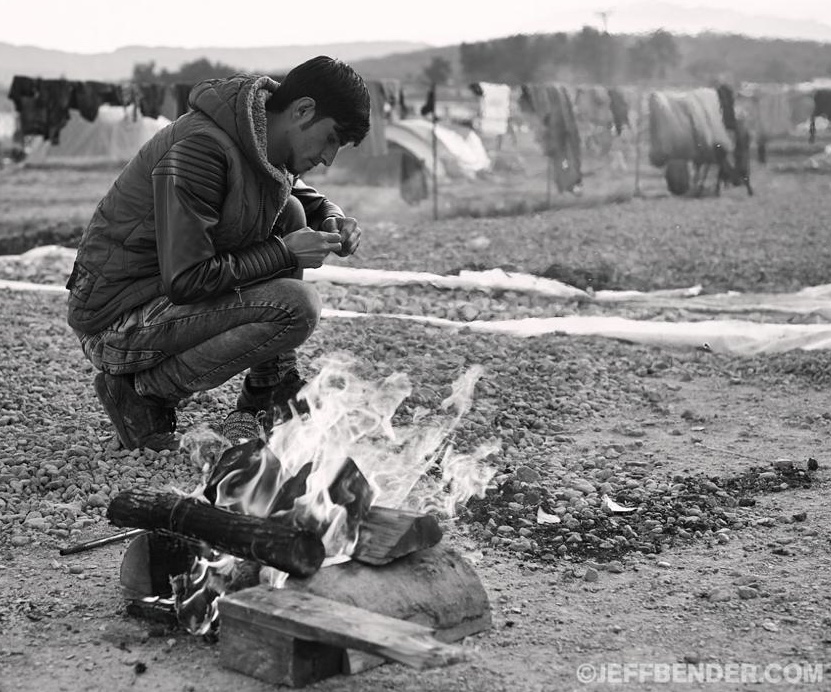
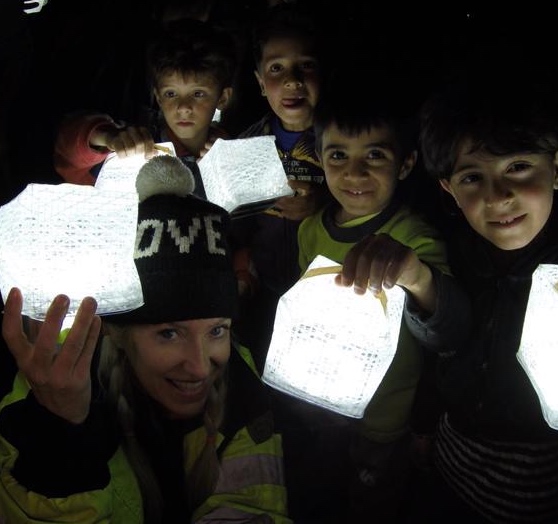
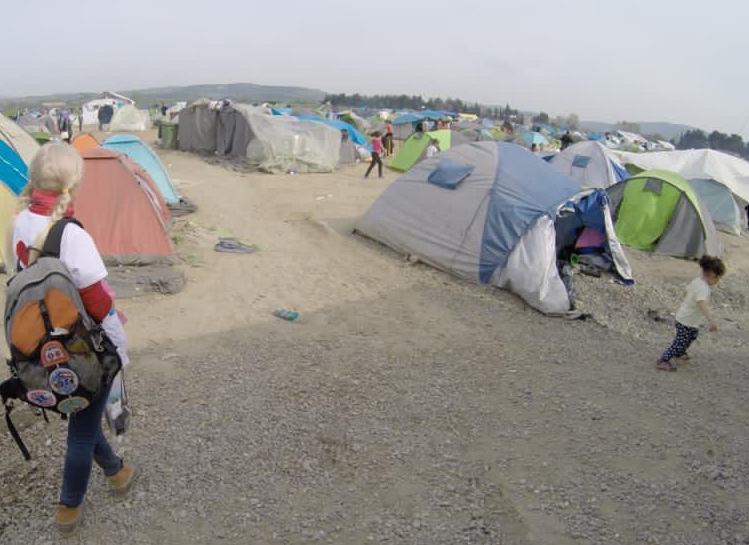
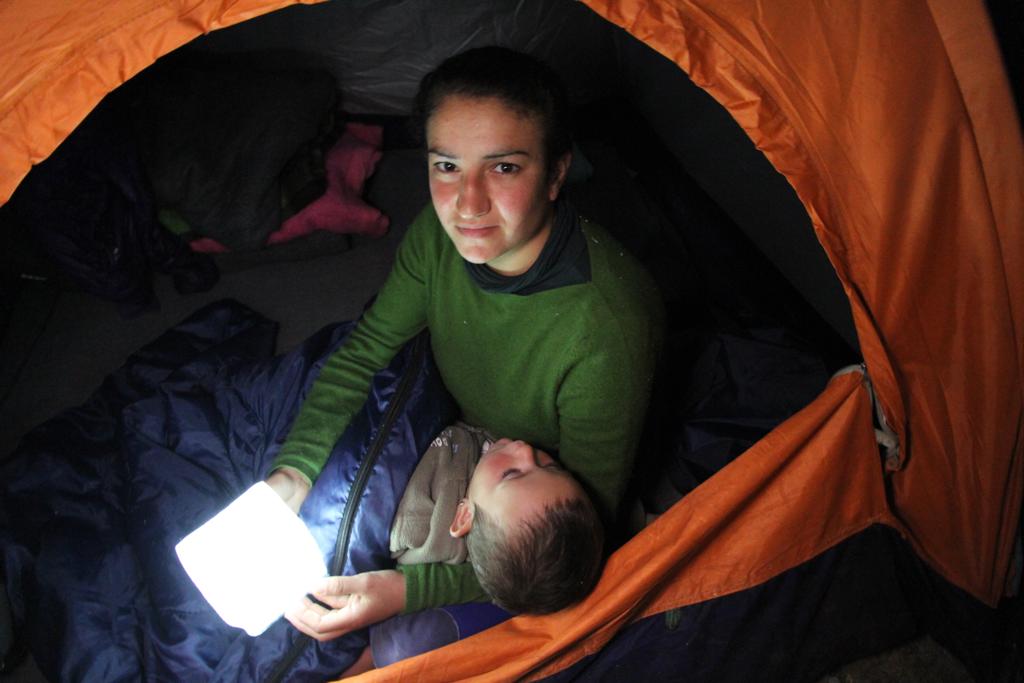
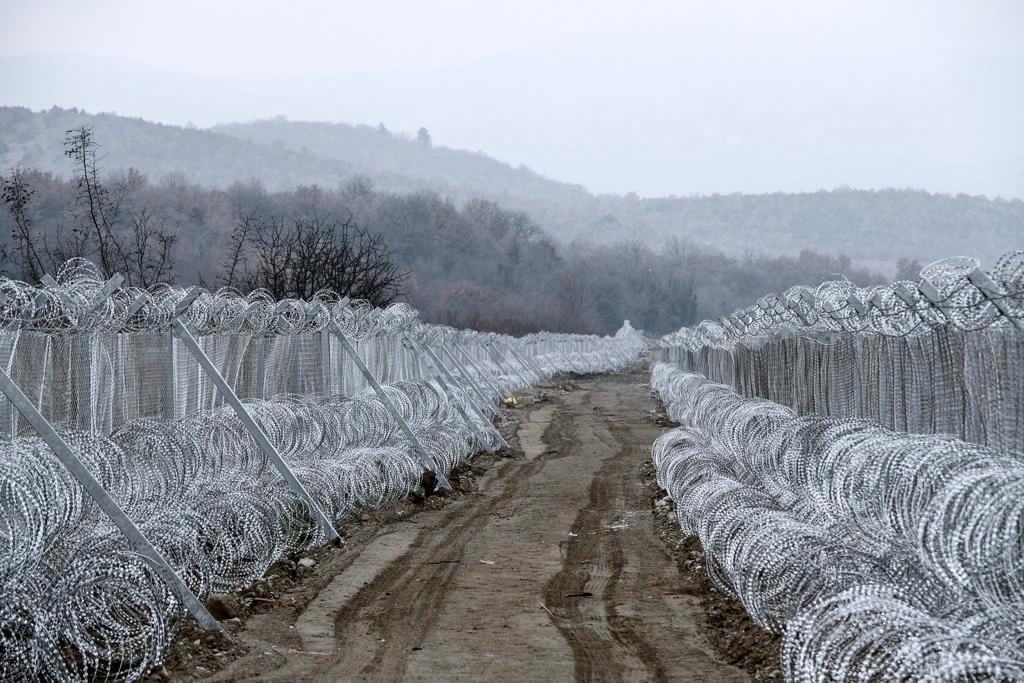
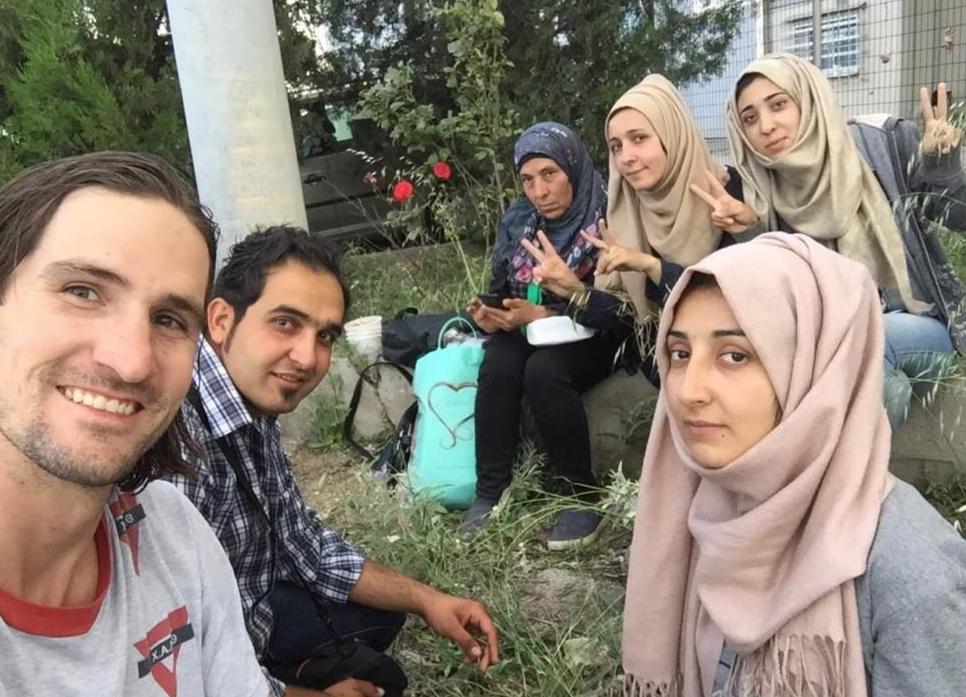
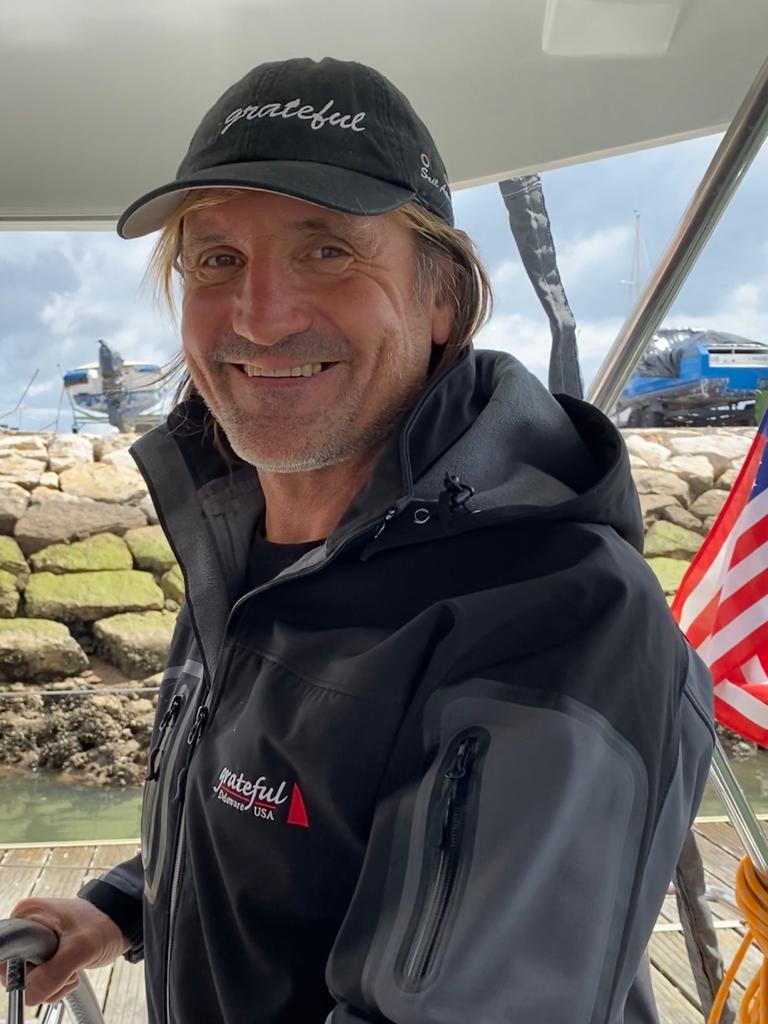

No comments